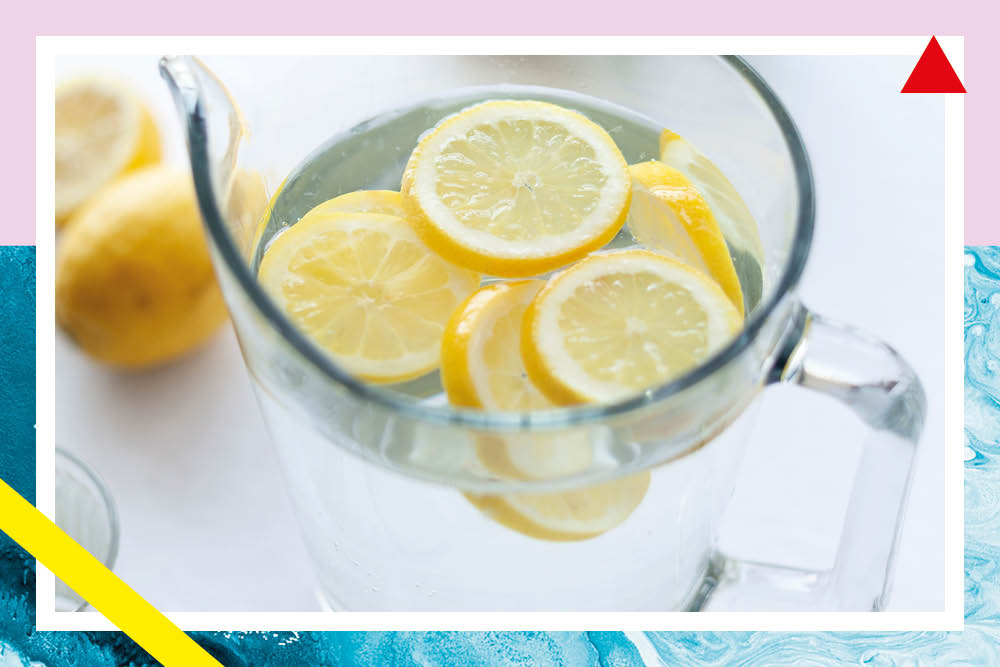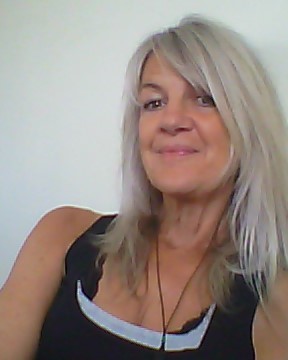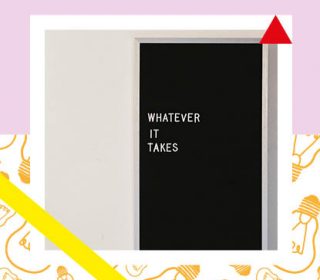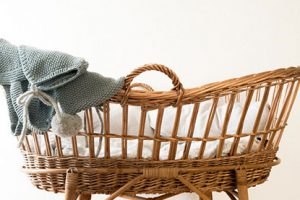Are you drinking too much of the wrong water?

We are constantly being told to drink more water, so if you are glugging your way through several litres a day, you could be forgiven for thinking your hydration level is adequate – and even optimal. However, Jamie Douglas Hamilton, who has developed a high ph bottled water, says the UK is a dehydrated nation. “Alcohol consumption has increased 25%, sugary and caffeinated beverages have increased 27%, just over 20% of Brits are now drinking over 1 litre of coffee a day and 90% aren’t drinking the daily allowance of water with 1 in 10 drinking no water at all,” she says.
A litre of coffee a day is mind boggling, and of course, coffee and caffeinated drinks exacerbate dehydration, having a diuretic effect on our system. Alcohol is also dehydrating, amongst its various other anti-nutrient qualities.
DEHYDRATION ALERT
Being dehydrated is not simply feeling thirsty. It is a deeper, more profound condition. Did you know that fear and stress lead to dehydration? If you think that sounds odd, then consider how water passes messages around our bodies, which as we know, are comprised of around 70% water (and crucially, our brains are 96% water).
Four main electrolytes – sodium, calcium, potassium and magnesium – are integral to healthy cellular function as, when working optimally, they maintain the correct charge within and without the cells. When we are not properly hydrated, these messages are compromised. Naturopath Barbara Wren states that, “ If there is any kind of disease present within the body dehydration will already be there,” says naturopath Barbara Wren.
Side note: Please don’t confuse the electrolyte sodium, with sodium chloride (NaCl) or salt. As you will know from eating salty foods, this can increase thirst. Some pure salt (pink Himalayan) is beneficial for health but most definitely not table salt. That should be relegated to de icing wintery paths. Celery has a high sodium content which is natural and bioavailable and can easily be consumed in a green juice. If you have too much salt in your body, i.e. in your blood, this will draw water out of the cells as your body attempts to redress the imbalance between the inner and outer cell environment. Think of your fully hydrated happy cells as plump grapes and the dehydrated ones like wrinkled raisins.
WATER QUALITY
How much water is enough? We are advised to drink half our body weight in ounces, however this is simply a guideline. A highly active person may need more, and definitely someone consuming little in the way of dietary liquids from juicy fruits and vegetables, and/or consuming lots of stodgy processed foods, will need much more water to hydrate and avoid constipation at the very least.
The amount of water we drink does not necessarily equate with the amount we absorb. As with nutrients from food, absorption is the key, so the type and quality of water we are imbibing impacts muchly. Where does yours come from?
High up in the Alpujarras, some 90 minutes drive north east of Malaga, lies the spa village of Lanjaron. Its mountain spring water is bottled and sold across Andalucia. The residents of Lanjaron can drink freely from any of the many drinking fountains available throughout the streets, but up and almost out of the village, is the spot where the locals park up to collect a week’s worth of drinking water in myriad plastic containers. They know not to drink their tap water. We in the UK would do well to feel the same reluctance.
Despite the message being given out from us nagging health aficionados, it remains really hard to convince most people that the UK tap water is not good. Simply because we don’t develop stomach spasms or fall down dead on the spot from consuming it, does not mean it is okay. Call me quaint but I really don’t want to drink chlorinated water, nor any containing fluoride, aluminium, nitrates, minute traces of plastic and so on. So what to do? Because if you are indeed going to drink lots of water you want it to be excellent quality, surely?
STRUCTURED WATER
In his superb, fascinating and informative book, ‘Alkalize or Die’, Dr Theodore A. Baroody, highly recommends restructured alkaline water as the gold standard. Second to this being distilled water with trace minerals added.
Alkaline ionised water, molecular hydrogen and bioceramics are all words that tend not to be in our daily vocabulary. It’s all getting a bit like a chemistry lesson, a subject I only took because I fancied the teacher, and subsequently failed with honours, but to expand into physics now if I may – restructuring water lowers the surface tension.
When water has a lower surface tension, it becomes ‘wetter’ meaning that it is absorbed better and faster, so much so, that some experts say we need 30% less water than otherwise. This is great, especially if you are trying to get it down reluctant children, but also from the cost factor. If you are spending out on better water, it’s good to know you need less of it.
The surface tension of water is measured in dynes ( to rhyme with dine) and most tap water is 73 dynes. The body has to convert this to 45 dynes in order for it to be absorbed by the cells. Therefore any water with a lower dyne measurement will take less energy to convert. Structured water which is micro clustered, will be around 43 dynes. By way of comparison, alcohol is 28 dynes which explains why we absorb it so quickly!
GETTING THE GEAR
Bicarbonate of soda (ph 8.4) or lemon juice (ph 7.5) are simple ways to alkalise water but of course they will not cleanse it of impurities and the taste is not congruent with a sensitive palate – even the vaguest hint of lemon infused water in coffee ruins the whole experience. Certainly if you are eating a highly acid diet and living a highly acidic life – as unfortunately, thoughts and actions can acidify us – then adding some bicarb or lemon or apple cider vinegar will aid in neutralizing the effects, but they will not bring the same multitude of benefits as restructured water.
Having nomadic tendencies, I’ve moved house about eleventy million times, so have never invested in the ultimate under sink plumbed in water purifier type, depending instead on various filters, water distillers, and or buying spring water and or just taking in ‘water’ from fruits and vegetables. (Truly, when eating a high raw diet – 85% ish – based around mostly organic fruit and vegetables, there is little need for water on its own). With the variety of products available how can you choose which is best for you?
The company Water for Health provides all manner of healthy water related products, many of which use a unique mix of bioceramic minerals which improve structure, increase alkalinity and also gives the water antioxidant properties – due to the release of molecular hydrogen. Yes, you read that right, water as an antioxidant.
The water filter jug they stock is not to be confused with ones like Brita, the Biocera jug is far superior. If you would like to try alkaline water for month or two to see how it ‘impacts on your overall health before investing in a longer term option, I can recommend the ‘teabags’ which are triangular mesh bags containing the bioceramic minerals and need only to be left for 5 mins in a glass of water to work their magic.
BOTTLING IT
I know, I know, carrying around a glass bottle or one of the other many types of drinking receptacles on the market is heavy and cumbersome, making us prone to breaking a toe if dropped, but ideally no one should be drinking out of plastic bottles because of the hormone disrupting elements they contain.
This can affect your weight – meaning in the simplest of terms, that drinking from plastic bottles could be playing havoc with your hormones and causing weight gain – so if you are drinking lots of water and not losing weight, consider alkaline water, which has not been in any kind of relationship with plastic.
Finally, we know how much our skin absorbs chemicals, and this includes from the water we shower or bathe in. If you have any skin issues – allergies, dryness, itchiness – consider it may well be the water you are using, and not necessarily soaps and shower gels or your diet.









